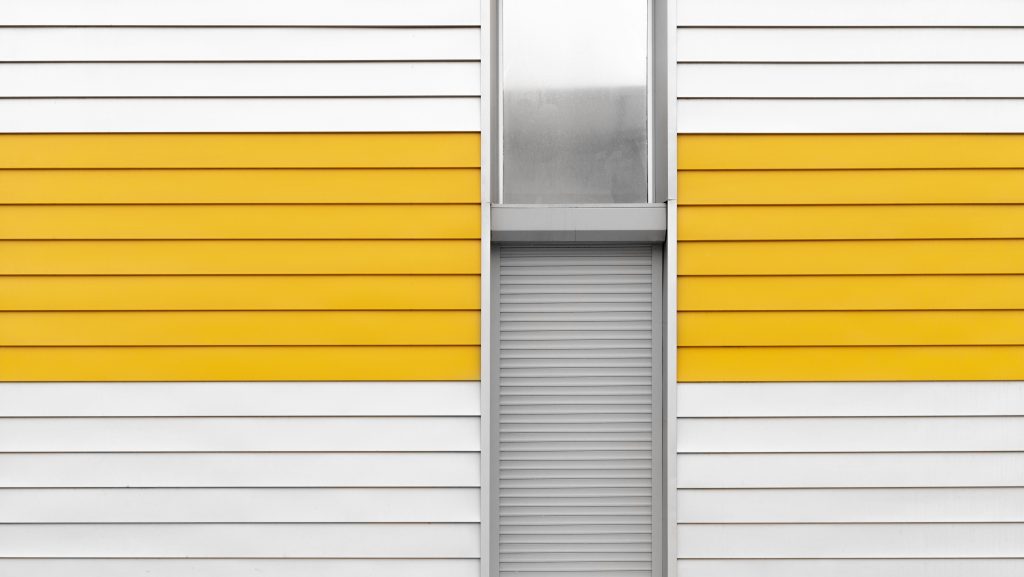Look no further! If you’re tired of lugging around heavy doors or dealing with the hassle of maintenance, a lightweight material could be the solution you’ve been seeking. But what exactly are these lightweight materials and what benefits do they offer? From easy installation to enhanced durability, there’s a lot to uncover. So, brace yourself for a deep dive into the world of lightweight garage door materials and prepare to discover the perfect fit for your needs.
Steel Garage Doors
Steel garage doors are a durable and secure option for homeowners looking to enhance the protection and appearance of their homes. With their strength and security features, steel doors provide peace of mind against break-ins. Additionally, steel doors are low maintenance, requiring minimal upkeep and rarely needing repainting. They offer a variety of styles to suit any home aesthetic, from traditional to modern. Whether you have a limited budget or are looking for a cost-effective option, steel garage doors are budget-friendly without compromising on quality. However, it is important to note that steel doors are susceptible to rust if not properly maintained. Regular inspections and applying a protective coating can help prevent rust formation. Overall, steel garage doors are a reliable and affordable choice for homeowners seeking durability, security, and style.
Timber/Wooden Garage Doors
When considering garage door options, homeowners may choose to explore timber/wooden garage doors for their natural appearance and customizable features. Wood garage doors offer a unique aesthetic that adds warmth and character to any home. One of the advantages of wooden garage doors is the ability to choose from a variety of wood types, such as fir, cedar, and redwood, each with its own distinct look and characteristics.
In terms of maintenance, wooden garage doors require more upkeep compared to other materials. Regular inspections and periodic painting or staining are necessary to protect the wood from the elements and maintain its beauty. However, with proper care, wooden garage doors can last for many years.
The benefits of natural wood garage doors extend beyond their appearance. Wood provides good insulation, helping to regulate temperatures inside the garage. This can be particularly beneficial if the garage is used as a workspace or for storage. Additionally, wooden garage doors can enhance curb appeal, adding value and visual appeal to your home.
GRP/Fibreglass Garage Doors
GRP/Fibreglass Garage Doors are lightweight and durable, making them a popular choice for homeowners looking for a low-maintenance and long-lasting garage door option. These doors offer excellent resistance to humidity, making them suitable for areas with changing moisture levels. In addition, they have high impact resistance, ensuring that they can withstand accidental bumps and knocks without getting damaged. GRP/Fibreglass Garage Doors are also well-suited for coastal areas, as they are resistant to the corrosive effects of salty air.
One of the advantages of GRP/Fibreglass Garage Doors is the wide range of customization options available. Homeowners can choose from different styles, colors, and finishes to match their home’s aesthetic. Whether you prefer a modern or traditional look, there is a GRP/Fibreglass Garage Door that will suit your taste.
Despite their lightweight nature, GRP/Fibreglass Garage Doors are highly durable. They are resistant to cracks, dents, rust, and rot, making them a practical choice for families with children or pets. These doors require minimal maintenance, saving homeowners time and effort in the long run.
ABS Plastic Garage Doors
ABS Plastic Garage Doors are a durable and low-maintenance option for homeowners seeking a modern and corrosion-resistant garage door material. They offer several advantages over other lightweight materials:
- Longevity and durability: ABS plastic garage doors are known for their impressive longevity and resistance to corrosion. They can withstand various weather conditions without deteriorating.
- Cost effectiveness and energy efficiency: ABS plastic doors are cost-effective compared to other lightweight materials. They provide good insulation, which helps to regulate the temperature inside the garage and reduce energy consumption.
- Impact resistance and security features: ABS plastic is highly impact-resistant, making it resilient to scratches, knocks, and even car impacts. This enhances the security of your garage and protects against potential break-ins.
However, there are a few drawbacks and maintenance considerations to keep in mind:
- Limited customization options: ABS plastic doors come in a limited range of styles and colors compared to other materials like steel or wood.
- Vulnerability to fading: Over time, ABS plastic doors may fade or discolor due to exposure to sunlight. Regular cleaning and maintenance can help prevent this.
- Maintenance requirements: While ABS plastic doors are generally low-maintenance, they may require occasional cleaning with mild soap and water to remove dirt and grime.
Overall Benefits of Different Garage Door Materials
Now let’s explore the overall benefits of different garage door materials to help you make an informed decision for your home. Each material has its own advantages and disadvantages to consider. Steel garage doors are known for their durability and strength, making them resistant to damage and impact. They also offer enhanced security and a wide range of customization options. Steel doors are low maintenance and rarely require repainting or rust prevention.
Wooden garage doors provide a natural and rustic appearance that can enhance various home styles. They offer plenty of choices in terms of wood types and can be customized to suit your preferences. However, wooden doors may require more maintenance to keep them in good condition.
Fibreglass garage doors are lightweight and durable, resistant to cracks, dents, rust, and rot. They are a popular choice for families with children or pets. Fibreglass doors also have resistance to salt and humidity, making them suitable for coastal areas.
ABS plastic garage doors offer a uniform appearance that matches well with existing uPVC windows and doors. They are impact-resistant and corrosion-resistant, providing longevity and minimal maintenance requirements.
Consider the specific advantages and disadvantages, cost and durability, maintenance requirements, style and customization options, as well as weather resistance of each material when choosing the right garage door for your home.
Garage Door Material Considerations
When considering the material for your garage door, it is important to weigh the advantages and disadvantages of each option to ensure you make the best choice for your specific needs and budget. Here are some factors to consider:
- Steel Garage Doors:
- Advantages: Durability and strength, enhanced security, customizability, and low maintenance.
- Disadvantages: Susceptibility to rust.
Wooden Garage Doors:
- Advantages: Natural appearance, plenty of choices, and good insulation.
- Disadvantages: Higher maintenance requirements.
Fiberglass Garage Doors:
- Advantages: Lightweight, durability, resistance to cracks and rust, and suitability for coastal areas.
- Disadvantages: Vulnerability to impact.
It is crucial to consider the installation process, cost comparison, longevity, and durability of each material. Steel garage doors are budget-friendly and low maintenance, while wooden doors offer a custom look but require more upkeep. Fiberglass doors are lightweight and durable, but they may be susceptible to impact. By evaluating these factors, you can make an informed decision when choosing the material for your garage door.
Tips for Choosing a Garage Door Material
Considering the material for your garage door is an important decision that requires careful consideration of its advantages, disadvantages, and your specific needs and budget. Here are some tips to help you choose the right garage door material:
- Cost-effective options: Steel and aluminum are cost-effective materials for garage doors. They are durable, low maintenance, and offer a variety of styles to choose from.
- Insulation considerations: If insulation is a priority, consider materials like vinyl or wood. These materials provide better insulation compared to steel or aluminum.
- Maintenance requirements: Steel and vinyl garage doors require minimal maintenance, while wood doors may need more upkeep with periodic painting or staining.
- Style and appearance: Consider the overall style and appearance of your home when choosing a garage door material. Steel, aluminum, vinyl, and wood offer different aesthetic options to complement your home’s architecture.
- Weather resistance: Choose a material that is weather-resistant, especially if you live in an area with extreme weather conditions. Steel, fiberglass, and vinyl are known for their weather resistance.





